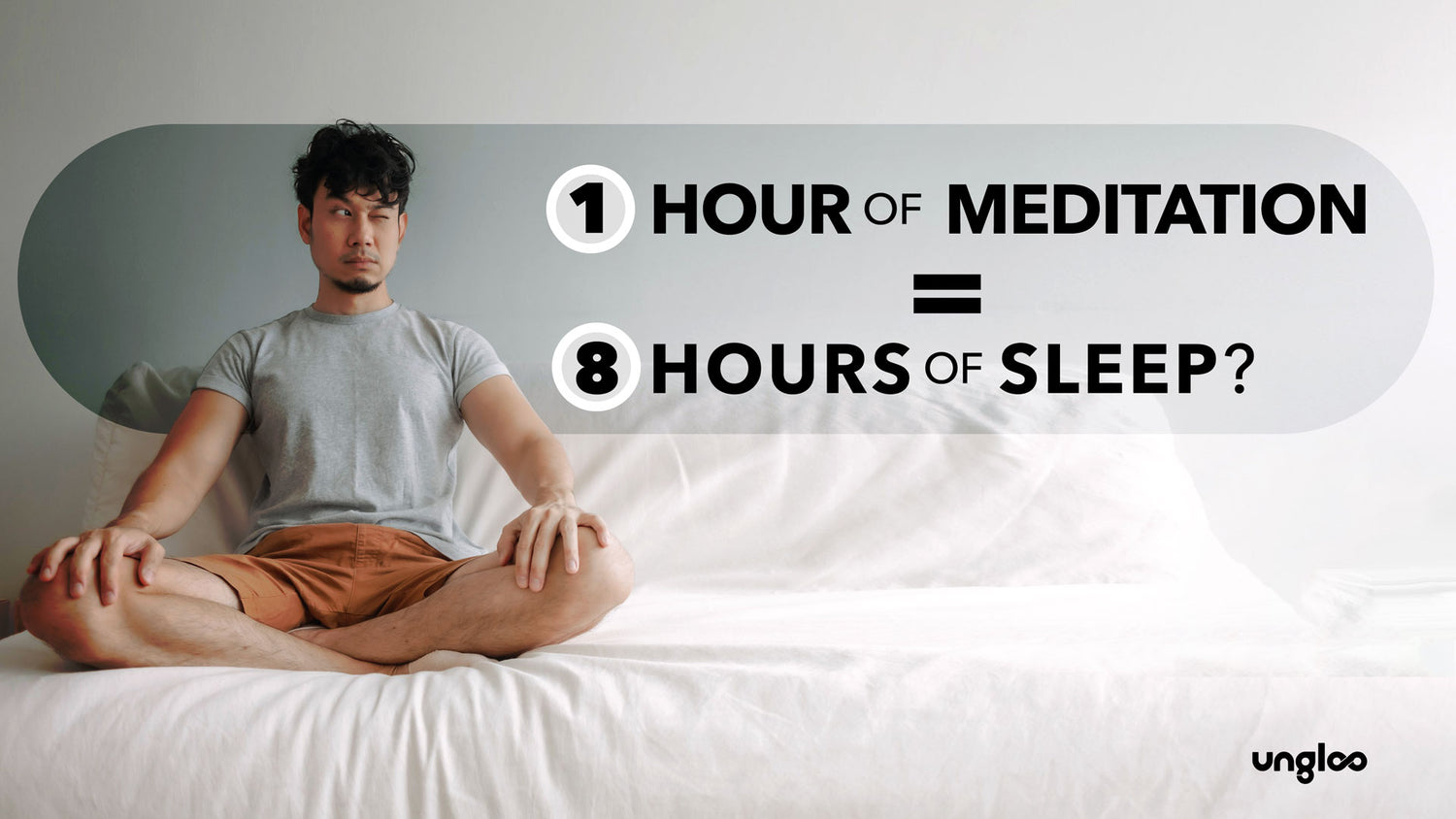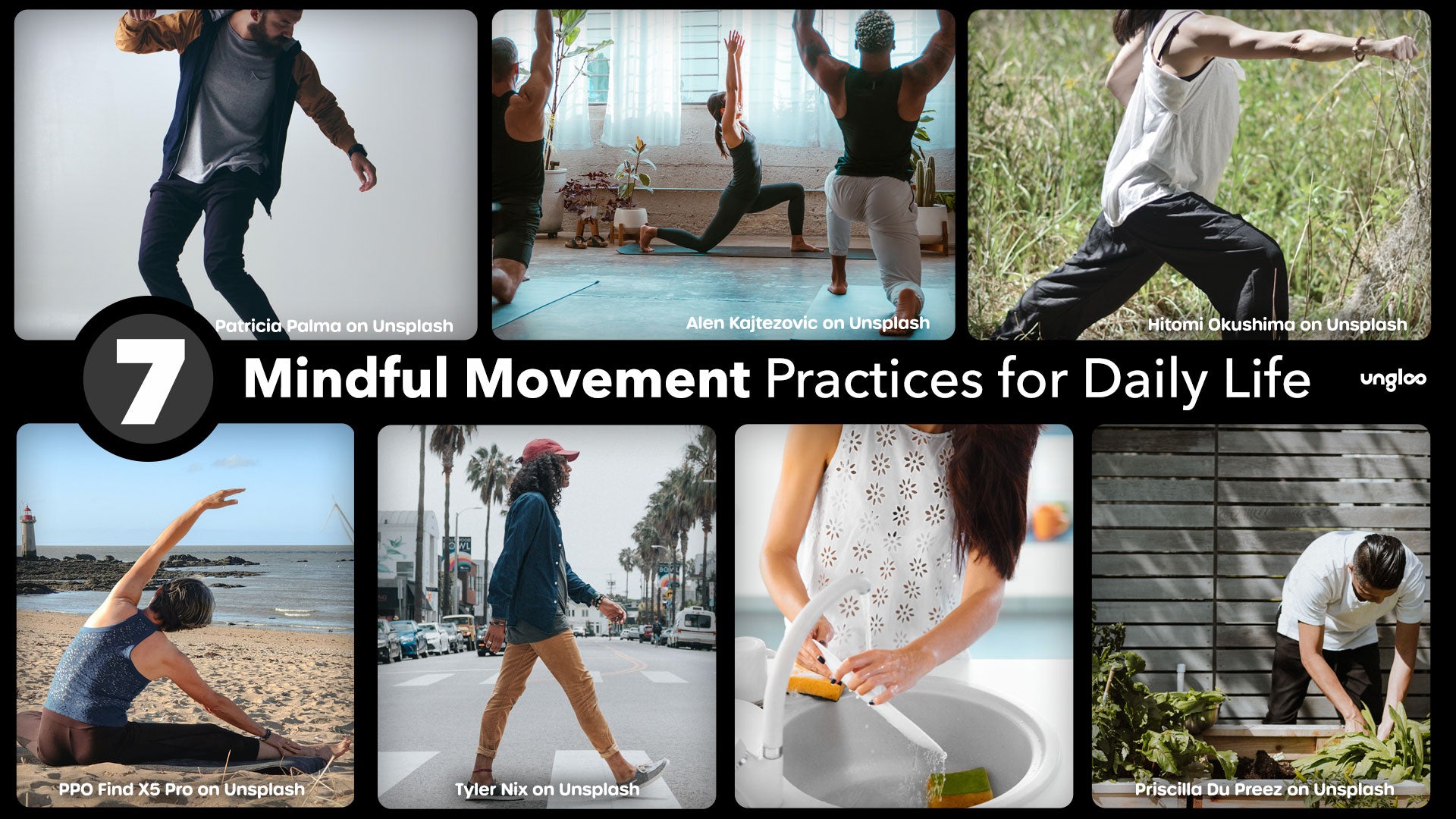While science continues exploring the physiological effects of daily meditation, many claims have been made about its benefits. Throughout history, adherents have argued that meditation can allow the mind to enter states of peace and focus that rival the depth of unconscious sleep.
Does 1 Hour Meditation = 8 Hour Sleep?
Meditation has many benefits and can promote feelings of relaxation and rejuvenation.
But does 1 hour of meditation equal 8 hours of sleep?
No.
Meditation is not a complete replacement for sleep. Sleep and meditation serve different purposes, but their impacts complement the body and mind similarly.
During sleep, your body is at complete rest. While during meditation, your physiology remains moderately active. Sleep restores and rejuvenates the body and brain.
Meditation improves psychological well-being but does not provide the same physiological restoration. Even experienced meditators report needing some amount of sleep. No empirical evidence suggests meditation can replace 8 full hours of proper sleep.
Some research has found that experienced meditators may need less sleep than normal, around 4 to 6 hours per night. This is likely due to long-term meditation practice's stress reduction and relaxation benefits. But for most people, especially those new to meditation, replacing all sleep with meditation is not advised or practical.
If replacing 1 hour of sleep with 1 hour of meditation, some benefits would overlap, including relaxation and stress relief. But there would also be a deficit in the physiological restoration that only sleep can provide. Most adults need between 7 to 9 hours of sleep per night to maintain optimal health and function.
So, while regular meditation practice can positively impact your mood, health, and sleep quality, it cannot fully compensate for the physiological and restorative effects of actual sleep.
Most people will need a combination of both sleep and meditation for balance. Starting with 10 to 20 minutes of daily meditation and prioritizing 7 to 8 hours of sleep per night is a more realistic and sustainable approach.
While meditation cannot replace 8 hours of sleep, practicing it for 1 hour can still yield significant benefits. Meditating for this length of time allows your mind and body to enter a deeper state of relaxation. Here are some potential effects:
Stress Relief
As mentioned, meditation can reduce activity in the sympathetic nervous system responsible for the body's stress response. Over the course of an hour, this effect would become more pronounced, allowing for greater stress relief. You may feel mentally and physically calmer after the session ends.
Tension and negative thoughts that often plague us during the day may fade away as we sit in meditation for an extended period. The body's production of cortisol, the 'stress hormone,' likely decreases. Overall, meditating for an hour can provide significant relief from stress.
Improved Focus
Your attention stabilizes with fewer distractions creeping into the mind during a long meditation session. This can help improve focus both during and after the meditation session. You may find it easier to concentrate and accomplish tasks requiring focus.
The mind tends to settle as we sit upright and still in one place for an hour. Our attention may remain sharper and more targeted. Improved focus aids productivity, learning, and quality of life in general.
Mindfulness
Practicing mindfulness meditation for an hour can train your brain to remain in the present moment, increasing your ability to be aware of thoughts and feelings non-judgmentally. This skill may carry over to the rest of your day.
Developing mindfulness over an extended sit can allow us to bring this skill into everyday moments - observing thoughts without getting swept up in them, and noticing emotions as they arise without being defined by them. This tempers our typical reactivity and allows us to respond consciously.
Rest for the Body
While not equivalent to sleep, meditating for an extended period allows your body to rest deeply while your mind remains alert. You may feel rejuvenated similar to how you feel after napping.
Sitting still for an hour allows the body and muscles to relax fully. Tension and tightness that we tend to carry throughout the day may begin to dissolve. Breathing naturally often deepens as well. Combined, these effects can leave one feeling refreshed and restored.
Neuroplasticity
Studies show that long meditation sessions activate areas of the brain responsible for attention, learning, and memory. This indicates that meditating for an hour could stimulate positive brain changes, though more research is needed.
The saying "neurons that fire together, wire together" holds true here. As we cultivate certain mental skills and patterns through extended meditation, the neural circuits that support those skills are strengthened. Over time, this neuroplasticity may result in lasting benefits like improved concentration and emotional regulation.
Of course, the benefits will vary from person to person and depend on the specific type of meditation practice. Some may find an hour challenging, while others thrive with longer sessions.
The important thing is to start where you're at and build up in a sustainable way. An hour of guided meditation could yield these rewards over time with regular practice.
Does Meditation Count If You Fall Asleep?
Falling asleep while meditating is a common scenario many meditators face. It can happen, especially if you're tired or new to the practice. But it doesn't mean your meditation time was wasted.
While an ideal meditation involves focus and presence of mind, any seated stillness provides benefits. Falling asleep during meditation simply means your body needed rest, which is important too.
The stillness you maintained before dozing off likely helped your body relax and recharge, even if only for a short time. This can aid in stress relief and regeneration.
The best way to handle falling asleep in meditation is to be gentle with yourself. Don't get frustrated or view it as a failure - that will only create more mental tension.
When you notice you've dozed off, thank your body for the rest, open your eyes, adjust your posture, and carry on with your practice.
Over time, with consistency, you'll find it easier to maintain the presence of your mind during your entire meditation session. The key is regular practice and self-compassion.
So yes, meditation counts - sleep is just another form of mindfulness.
Conclusion
Does 1 hour of meditation equal 8 hours of sleep?
Unfortunately, No. Not really.
While meditation offers numerous benefits, it cannot fully replace the physiological restoration and functions that occur during sleep. Wouldn’t it be nice if it could?
Meditation does provide a number of amazing benefits though so just because you still need to get proper amounts of sleep when you add on meditation throughout the day your brain and body will function much better than if you didn’t.
Ready to take your meditation to the next level? Visit our store and shop our collection of amazing meditation chairs, supports, and resources.



